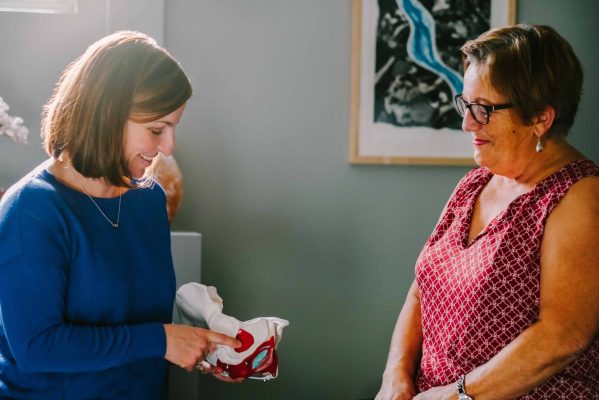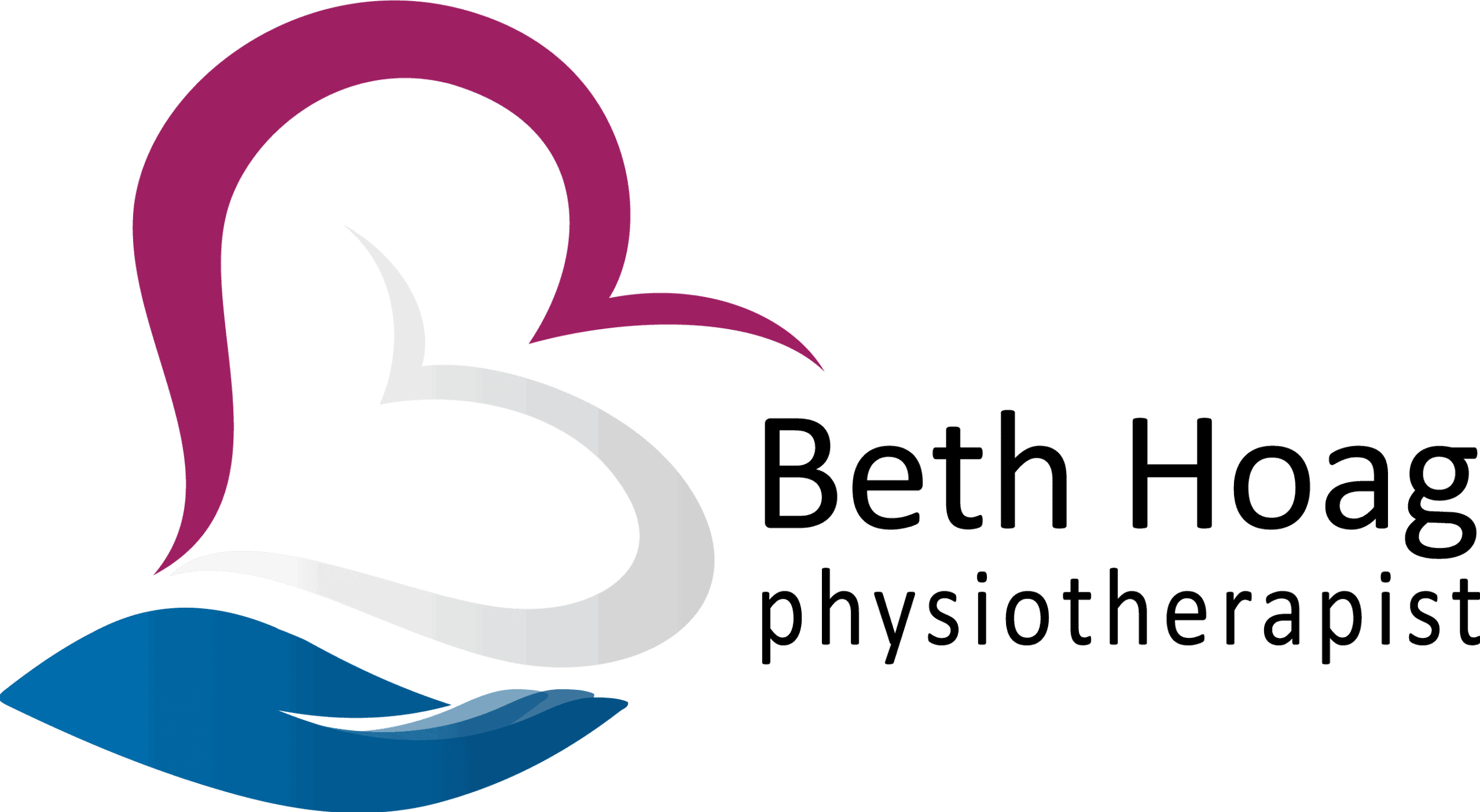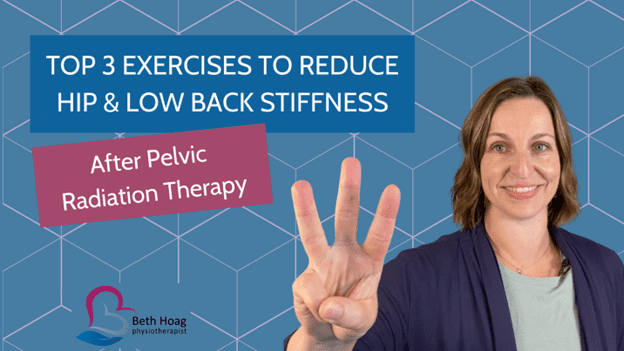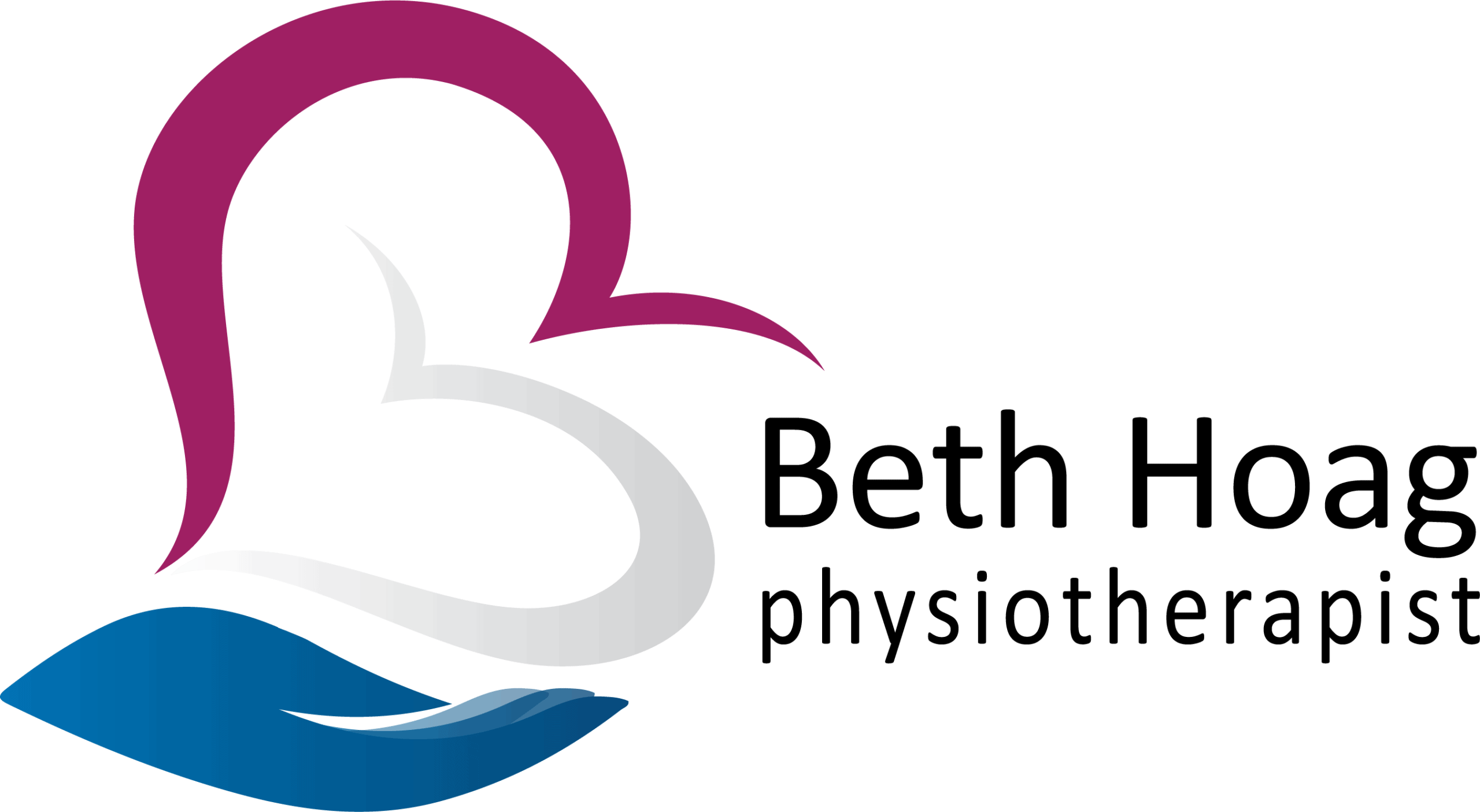“Everything is fine”
Every day, I see clients in my practice who have been coping with problems such as pain, fatigue, weakness, mobility loss, numbness and tingling in their hands and feet, swelling (aka lymphedema), and pelvic problems (just to name a few). Some are having difficulty sleeping, feeling anxious and stressed that these symptoms won’t resolve. Many are finding that their symptoms are impacting their ability to participate in family activities, hobbies, work or sport.
Many of these clients have been coping for months (and sometimes even years) with these symptoms. Some have severe enough symptoms that they’ve gone for tests to rule out other medical causes (such as cancer recurrence or a blood clot). Thankfully all their tests have come back “normal” but these “normal” test results frequently lead to the inaccurate conclusion that “nothing is wrong.”
If these people are fortunate enough to be under the care of a medical team that is familiar with the benefits of cancer rehabilitation, then they will likely be referred onward for further support. Unfortunately, however, many are just suggested to “give it some time” or to “take it easy.” Sadly this leaves many to feel that “it is just in their head” or that “they just have to live with it”… it leaves many feeling alone.
Of the people who weren’t directly referred to early on, some will hear about my integrative cancer rehabilitation practice through various avenues (e.g. word-of-mouth or an internet search); they look at my website and learn about Cancer Rehabilitation, Lymphedema and Pelvic Health. After some intrigue, they do some more searching and learn that Cancer Rehabilitation “is a thing”… that we can help manage and minimize many side effects of cancer treatment.

Finding Help with Someone Who Understands
When we first meet, I provide ample time for my clients to tell me their entire story (which often involves many elements that I’ve described above). When we discuss what is going on in their body and what we can do to help, there are often tears. For some, this is the first time anyone has ever acknowledged that their symptoms have a recognizable cause and that they are “not alone.” Along with these tears, I often hear “how did I not know about this?” or “I wish I’d known [that there was help for] this sooner!”
This breaks my heart each and every time.
We need to do better!
Though there are many ways I could dissect the scenario I’ve just described above, I want to highlight one major thought:
- Wouldn’t it be even better if ALL people diagnosed with cancer had a “checkup” with a cancer rehab professional before there was a problem?
Cancer Wellness Checkups: Proactive Care
Just like I mentioned at the start of this blog, why are we more proactive at taking care of our cars than for ourselves once diagnosed with cancer? Why do we have checkups and cleanings at the dentist to optimize our oral hygiene but we don’t see the relevance of optimizing wellness during and after cancer?
Why aren’t we educating everyone about proactive cancer recovery, ways to optimize our wellness during and after cancer? Why aren’t we educating everyone about signs and symptoms to watch for that would warrant a check-in with a cancer rehab professional for proactive cancer recovery?
Sounds Like an Ideal Dream Right?
Not really! In 2012 there was actually a consensus amongst research and clinical experts in breast cancer survivorship that this should be the norm. This group proposed a Prospective Surveillance Model for rehabilitation for women with breast cancer.
This proactive cancer recovery approach involved periodic assessment both during and after breast cancer treatment, even in the absence of client concerns. This helped to identify problems early and to initiate timely access to treatment to either resolve or improve these problems.
This model of care also promoted client education and physical activity, exercise, and weight-management behaviours as a way to promote optimal health both during and after cancer treatment.
Prospective Surveillance: So How do we Apply it Now?
First, though the above model applied to people diagnosed with breast cancer, I think it is reasonable to apply this to anyone diagnosed with cancer. Treatment side effects (from surgery, chemotherapy, radiation, hormonal and targeted therapies) are not restricted to breast cancer only.
In an ideal world, every single cancer centre would have a comprehensive prospective surveillance program in place for proactive cancer recovery. Though I hope we will get there one day, we’re nowhere near that just yet.
In the meantime, we must depend on grassroots projects from across the globe. In my piece of that puzzle, I would love to reach as many people as possible who are living with a cancer diagnosis.
There is tremendous power in understanding the common side effects of your cancer treatments and what you can most likely expect. Even if you do not have access to be formally followed for these “periodic assessments” by a rehabilitation professional, this early knowledge will arm you with 3 things:
- An understanding of how to reduce your risk of some problems occurring
- The ability to identify problems early, if they do occur, so you can get help quickly (which will likely help to minimize the overall impact)
- Increased autonomy and control over your own wellbeing
Where do we go from here?
This is the reason why I am building up a “knowledge bank” for you on my website, including proactive cancer recovery. Knowledge is power. The more accurate information you have at your disposal, the bigger your tool belt will be to take your wellbeing into your own hands.
Tune in regularly for a growing list of educational topics related to cancer wellness, proactive cancer recovery, and rehabilitation.
If you have any topics you would like me to cover, please contact me to let me know.
In the meantime: stay active, stay informed, have some fun, sleep well and eat well. These are ALL things that you can control.
Yours in health and wellness,
Beth
Disclaimer – These blogs are for general information purposes only. Medical information changes daily, so information contained within these blogs may become outdated over time. In addition, please be aware that the information contained in these blogs is not intended as a substitute for medical advice or treatment and you should always consult a licensed health care professional for advice specific to your treatment or condition. Any reliance you place on this information is therefore strictly at your own risk.





